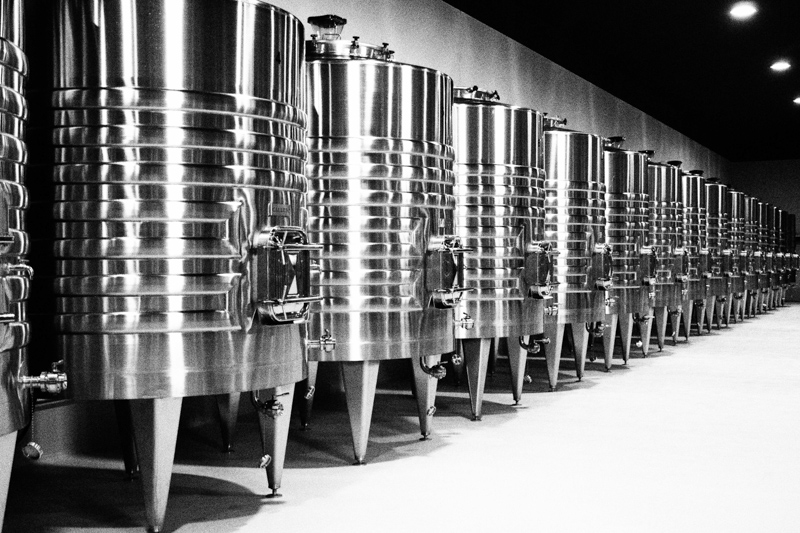Have you ever tried to buy a mobile phone on contract? Or choose an energy supplier? The pricing structure is deliberately complicated, making direct comparisons incredibly difficult. And the various suppliers NEVER compete on price.
This is, from their perspective, a sensible choice.
As soon as one player comes in with simple, understandable pricing, and begins to compete by offering lower prices than the others, then all profitability will be sucked out of the market. They all realise this.
And while I wouldn’t go so far as to claim that there’s a cartel arrangement, all the major mobile phone companies seem to offer deals that are pretty similar. (The only people who compete on price seem to be minor resellers of SIM-only deals.)
Across lots of industries where barriers to entry are high, there seems to be a sort of gentleman’s agreement not to compete on price. Airlines are interesting in this regard, because low cost carriers have broken through what was a rather complacent industry. When they started out, though, the response of the mainstream carriers was to drop their prices to unsustainably low levels on certain routes where they were facing competition, in order to try to squeeze the competitors out, so they could then raise their prices again free of these pesky competitors. The other strategy – one that seems to be taken by ISPs – is to buy out smaller companies who are offering competition, both for customer acquisition purposes but also to avoid the wrong sort of competition.
What about wine? I don’t think cheap wine will ever be profitable. There are lots of producers in the game, many of whom have written off their large capital cost of vineyard ownership years ago. And there are more producers than are needed to fulfil the needs of the modern retail market, so the main route to market – the supermarkets – have all the power in their hands. The producers need them, but from the retailer’s perspective any producer will do, so there’s little reciprocity in the arrangement. And cheap wine is caught up in an attritional price war. There’s always someone with wine they are desperate to shift, and so they will sell at a very low price.
The quality of cheap wine is now better than it has ever been. For the target market, therefore, there is infinite substitution. If one wine becomes too expensive, then there’ll be another ready to take its place. Cheap wines are all packaged the same way, and they all taste pretty similar. There are very few strong brands in wine, so producers of cheap wine have no competitive advantage that they can leverage. It’s just a straight price fight, and I can’t see this changing any time soon. This means it’s never going to be profitable playing at the bottom end of the market in the off-trade.
8 Comments on Competition, price and why cheap wine will never be profitable

How would minimum pricing affect this, I wonder?
what about all the major players like gallo bronco jackson ect that thrive in that market and make millions of dollars every year producing them? are you just not counting them?
Clearly you wouldn’t buy a producer of cheap wine to make a lot of money, but if you’re sitting on land and it keeps cash coming in then you can see why people who are in that market stay there.
Also, lots of people producing cheap wine don’t necessarily own lots of vineyards, preferring to strike deals with farmers and produce wine on an industrial scale – like cheese, bread, meat – and making a small margin by pushing back retailers on price and squeezing suppliers just enough to keep them competitive…
Profit? You think Fred is doing out of the kindness of his heart? It may only be a penny, but there is profit aplenty with vertical integration.
Jamie, is your analysis for the UK or European market, as opposed to the U.S. market?
Because, in the U.S., as JR has pointed out, Bronco and Fred Franzia have built an empire without producing a wine that costs more than $US15. And, though Gallo and Constellation have acquired more expensive brands, the heart of their business remains $US10 wine — the Barefoots and Woodbridges of the world.
Have you seen the Michigan State Big Wine study in the U.S., which identifies the biggest producers, the brands, and share each brand has within the producer? You’d be stunned at home important labels like Cooks.
I think his point was for established wine companies like the ones you mentioned, their capital expenditures are long paid for, so there is no way for a new producer, even a well financed one, to compete purely on price.
Sorry, but cheap wines are what keep the estates in the New World afloat as the latter requires a number of generations to become truly debt-free. Lots of sweet pink produced in lowly manufacturing plants pays for beautiful views up-Valley. Any producer telling you differently hasn’t chatted with the CPA lately…
A producer that has lots of cheap wine may also have higher priced brands. And brand recognition may be a way of moving the more expensive stuff. No one starting out now can really only produce cheap wine (unless they have tons of money and are in this for a very long haul).
But even the cheap stuff will bring in some money. Fred Franzia is not a poor man.
If there were as many cellphone companies as there are wine brands, or if even one company had enough spectrum to sell service to huge numbers of people, prices even there would drop.